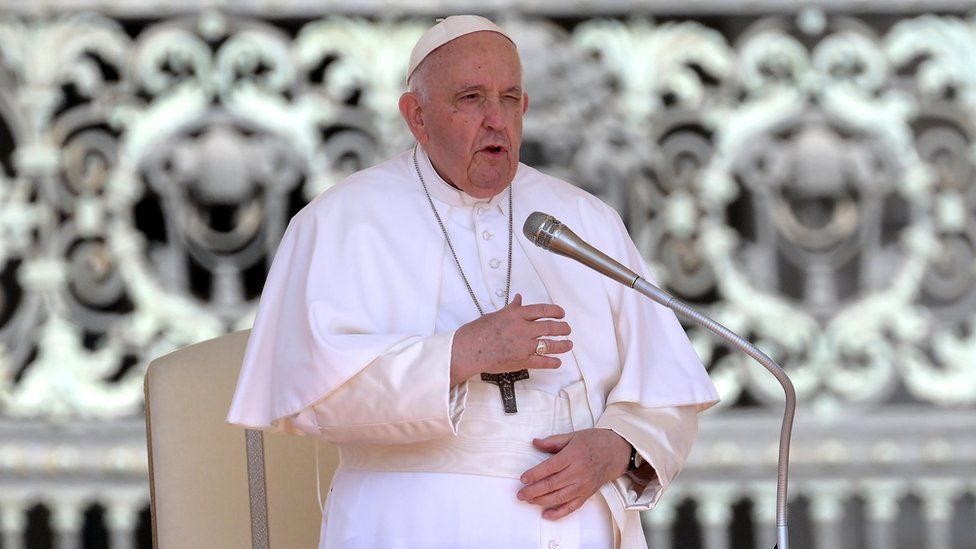Pope Francis, the head of the Roman Catholic Church and a globally recognized figure for faith-driven social advocacy, has died at the age of 88.
His death was announced by the Vatican on Monday morning, just days after he was discharged from hospital following treatment for a complex respiratory infection.
Born Jorge Mario Bergoglio in Buenos Aires, Argentina, Francis was elected in 2013 as the 266th pope , becoming the first pontiff from the Americas and the first Jesuit pope in history. Over the course of his 12-year papacy, he became widely known for his modest lifestyle, strong focus on social and economic justice, and progressive outreach toward marginalized groups.
With the pontiff’s passing, the Holy See has now entered the canonical period known as “Sede Vacante,” during which the Apostolic See is considered vacant until a new pope is elected.
According to Church protocol, a papal conclave must now be held to elect a successor. The conclave involves the College of Cardinals, composed of over 240 cardinals worldwide, of whom 138 are currently eligible to vote (those under the age of 80 at the time of the Pope’s death).
This body of electors will convene in Vatican City within two to three weeks, following the official nine-day mourning period known as Novemdiales, to allow time for global cardinals to arrive and to pay tribute to the late pope.
The conclave will take place in the Sistine Chapel, where cardinals are sworn to secrecy and isolated from the outside world to ensure the sanctity of the election. They will cast secret ballots until a candidate achieves a two-thirds majority. After each round, ballots are burned: black smoke signals an inconclusive vote; white smoke means a new pope has been elected.
Once a consensus is reached, the elected cardinal is asked whether he accepts the papacy. If he agrees, he selects his papal name and is introduced to the public from the central balcony of St. Peter’s Basilica with the iconic announcement: “Habemus Papam” — “We have a Pope.”
The upcoming election is set against the backdrop of an evolving global Church, where growth is most rapid in the Global South, especially Africa and Asia. Pope Francis himself appointed a significant number of cardinals from outside Europe, increasing speculation that his successor may reflect the Church’s changing demographics.
At the same time, questions of age, ideology, and Church reform will likely dominate discussions within the conclave.
As the world reflects on the life and impact of Pope Francis, attention now shifts to the Vatican, where the process of choosing the next spiritual leader of the world’s 1.39 billion Catholics is about to begin.




